Probably everyone who has followed the headlines of the sugar debate in recent years, has at least once asked themselves this question. In kindergartens, fruit platters are served instead of birthday cakes, alternative sweeteners experience a real boom and the range of products without added sugar increases on every supermarket shelf – it’s ketchup, soft drinks or breakfast cereals. We asked Patricia Görgl, a qualified nutrition trainer and TCM nutritionist, to present her view on the complex topic of sugar and today we want to show you the refreshing result:
Sugar – another approach (Patricia Görgl)
Sugar has made a pretty bad name for itself by now. There are countless books, blog posts and literature all about “the white poison”.
But is sugar really that bad?
To be honest, I can’t answer this question in general. There are some facts about sugar that should not be ignored. I believe, however, that this should not be the only view on sugar. But let us start from the beginning.
A fact is that our body needs sugar for energy production. In all processes that take place in the body, we need sugar. Sugar is also very important for our brain so that it can ideally maintain its structure and function.
Since we like to consume more sugar than our body actually needs, there is a surplus of energy. The body grabs the excess energy and stores it as fat. This excessive energy, which is stored in fat cells, would not be bad at all, especially in case of emergency situations. However, today and in this part of the world, we rarely find ourselves in emergency situations in which the body needs to use these fat deposits. Simply put, the excessive energy intake leads to overweight which may cause various negative health consequences.
Sugar and TCM
From the point of view of the Traditional Chinese Medicine (TCM), sugar is also looked at very interestingly: Sugar is said to weaken the YIN. The YIN is the home of our kidney energy, which, according to TCM, is responsible, among other things, for the supply of our bones and teeth. If we consume too much sugar, this energy is weakened, and our teeth and bones are damaged. This can be easily illustrated with the phenomenon of caries. In general, sugar has a mucous effect on the body and this mucus promotes the development of diseases. Another interesting aspect happens on an emotional level. The kidney is also the home of our willpower, which is also impaired by a high sugar consumption. This makes it difficult for us to make decisions and we tend to be listless and feel exhausted.
From a mental point of view, there are other questions that we ask ourselves:
Why do I need so much sugar right now? Why does it have to be a whole bar of chocolate? And why isn’t just one piece enough? Do I have to sweeten my life? Do I have to be comforted?
But how do I deal with the issue of sugar now? Can I still eat some or not?
From my very personal point of view, the well-known saying “The dose makes the poison” is exactly the right one.
As with everything, it is “easy” to make sure we supply our body with reasonable amount of all different kinds of food. Everything extreme, be it to completely renounce sugar or to supply it in rough quantities is ultimately, and I stress that this is my view of things, not constructive.
For example, I like to eat a piece of cake with pleasure and am convinced that this piece does not harm my body.
Personally, I am convinced that the search for the “worst” foods will not take us very far. Every food has a good and a bad side, depending on what your body needs and doesn’t need. Everything that is too much or one-sided ultimately leads to unpleasant accompanying symptoms.
The constant discussions all around food and the panic to only eat the right things and nothing wrong, lead to one thing: uncertainty and frustration. And that further leads to the fact that more and more people feel overwhelmed with the topic of nutrition, which eventually makes people lose their intuition about what is good for them personally and what not. Here’s a beautiful sentence that has accompanied me for many years:
“GOD-MADE FOODS OVER MAN-MADE FOODS”
When we focus again on eating the right food instead of artificially produced chemical products, we consciously choose our health. We all benefit from a mindful attitude towards food and the resources available to us.
To sum up Patricia’s comment, we can say that our body needs sugar for all of its processes. An excess of sugar is stored in the form of fat, which can lead to overweight, obesity and is associated with health problems. Nevertheless, in Patricia’s opinion, which also reflects the Verival perspective on the subject, in most cases it is not practical or helpful to completely ban sugar from your diet. In the best case you manage to find a healthy balance, to listen to your body and to give it what it needs. So, to answer the question asked at the very beginning, “Can I still eat sugar at all?”, we say yes, you may.

About Patricia
Patricia has been interested in nutritional science and a healthy lifestyle all her life. Mindfulness has given her a new perspective on her tasks, which she incorporates into her work and books.
She sees herself as an impulse giver to support people on their way (back) to a positive body feeling.
Recommended articles
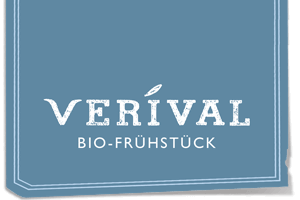




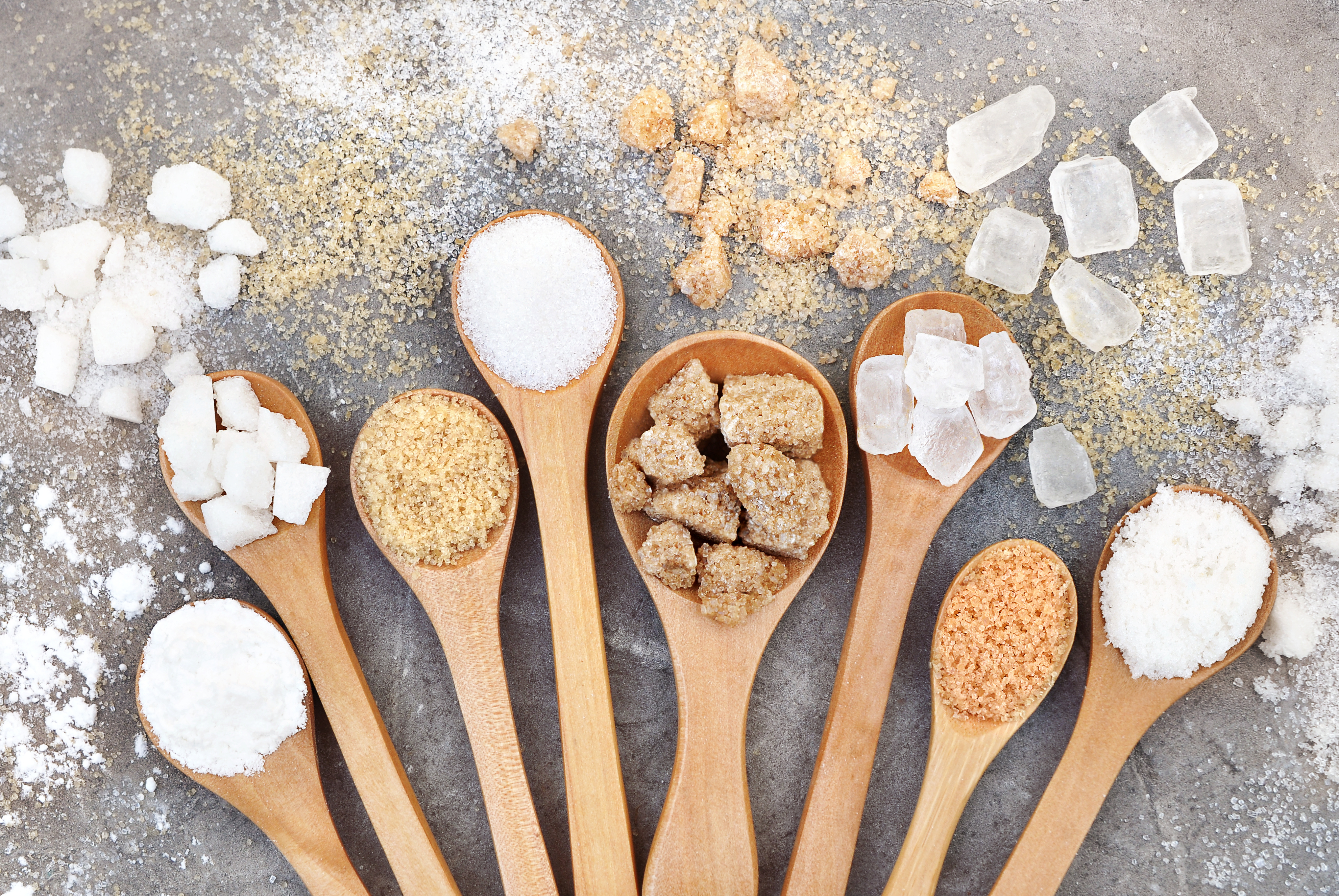
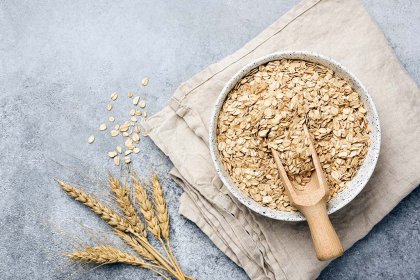
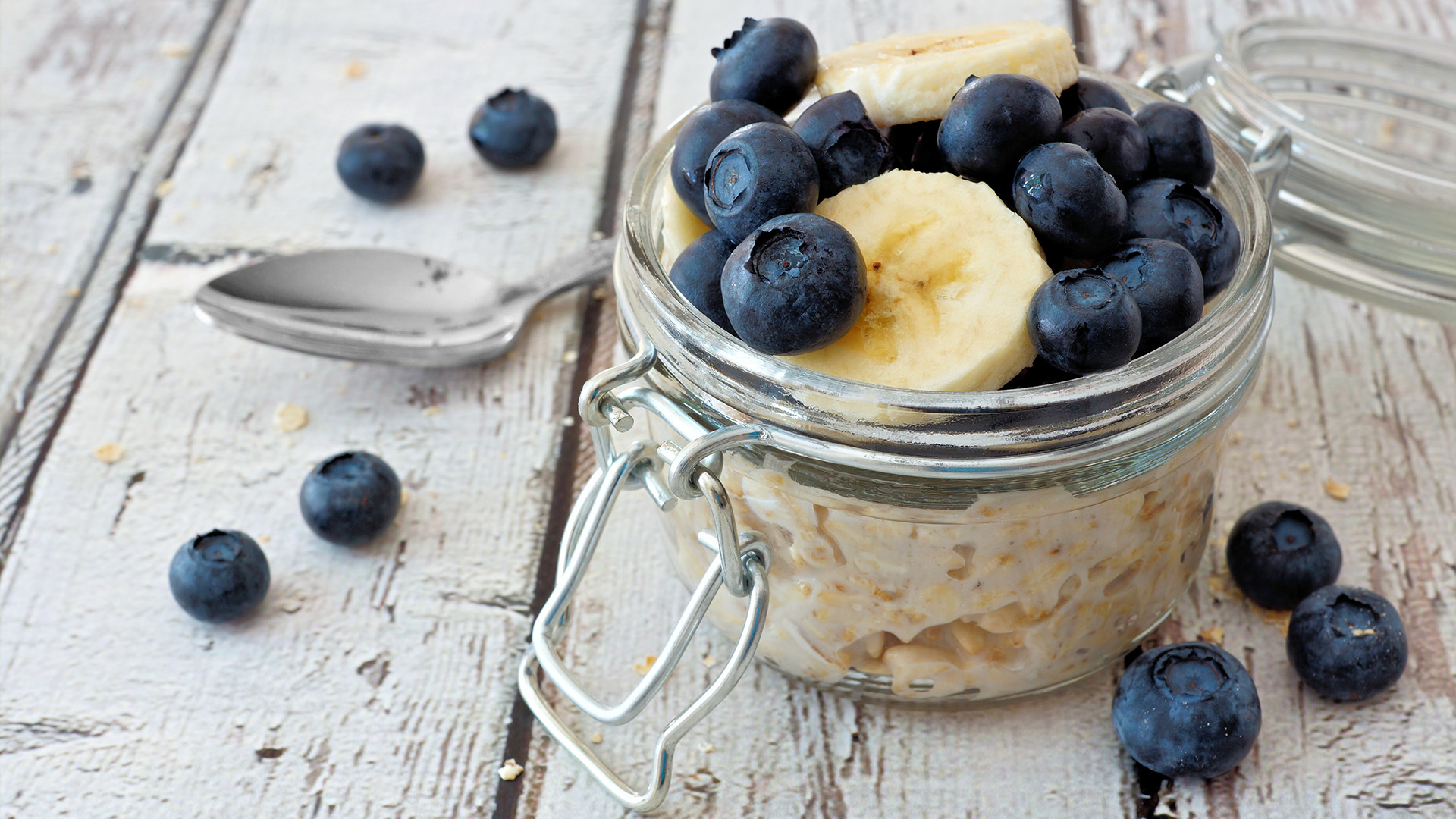
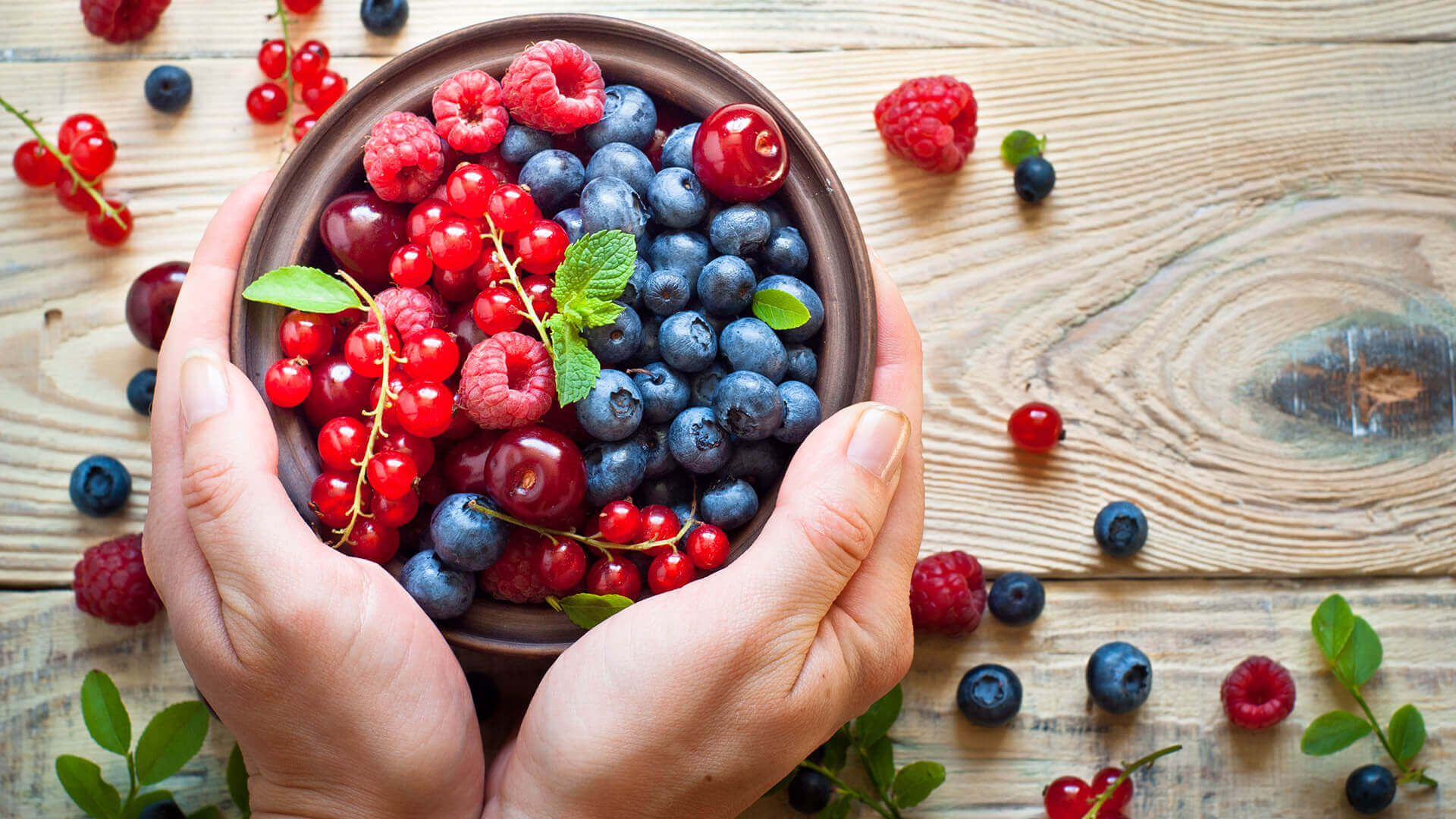
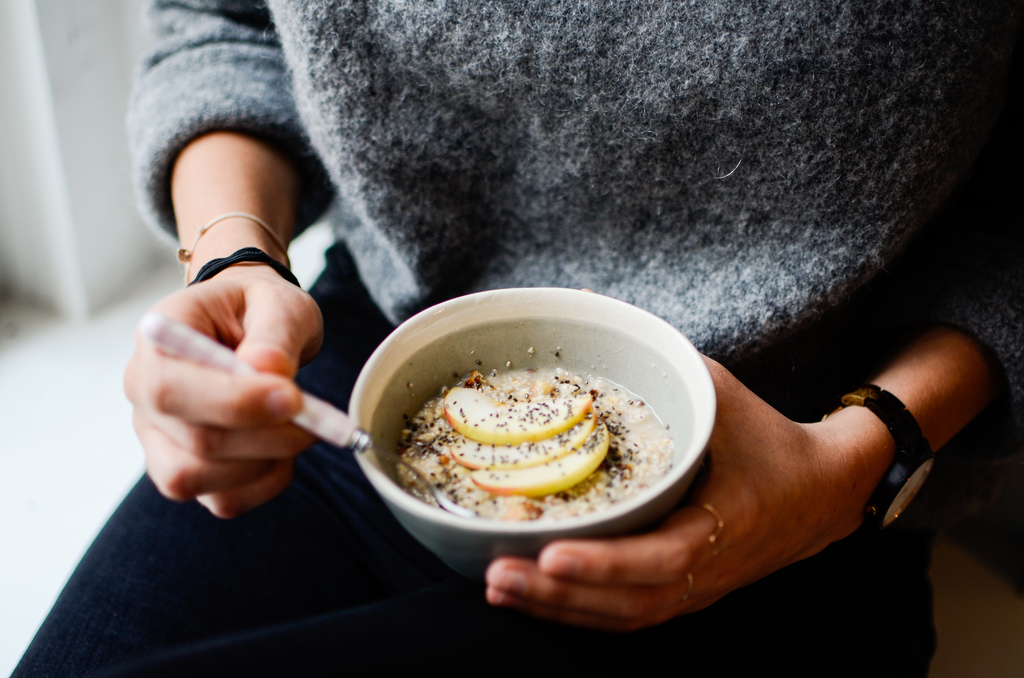

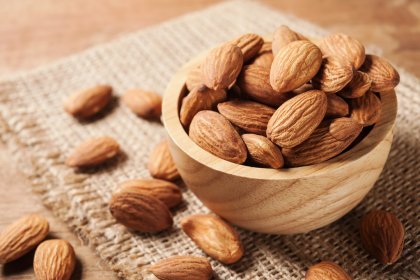
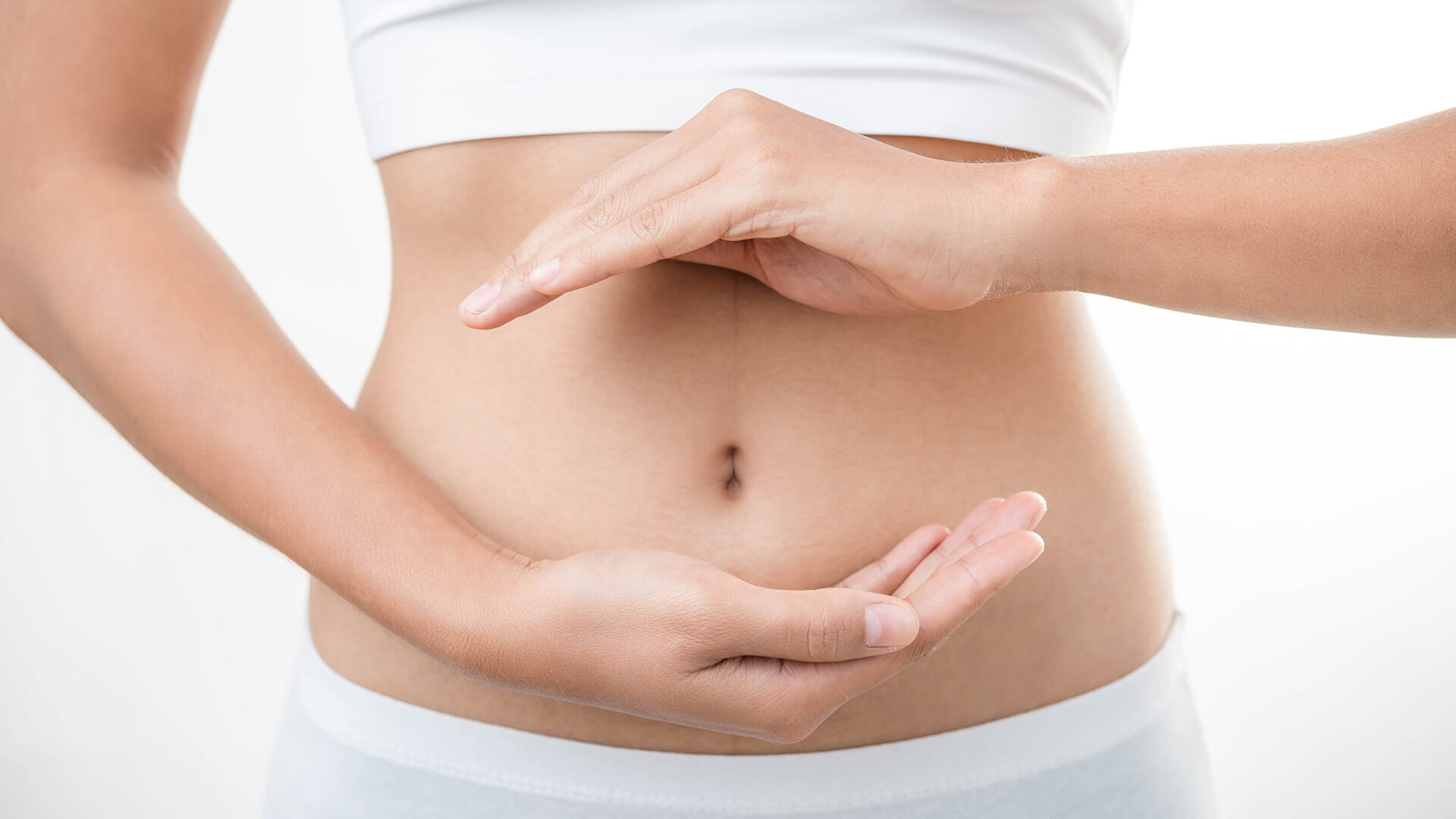
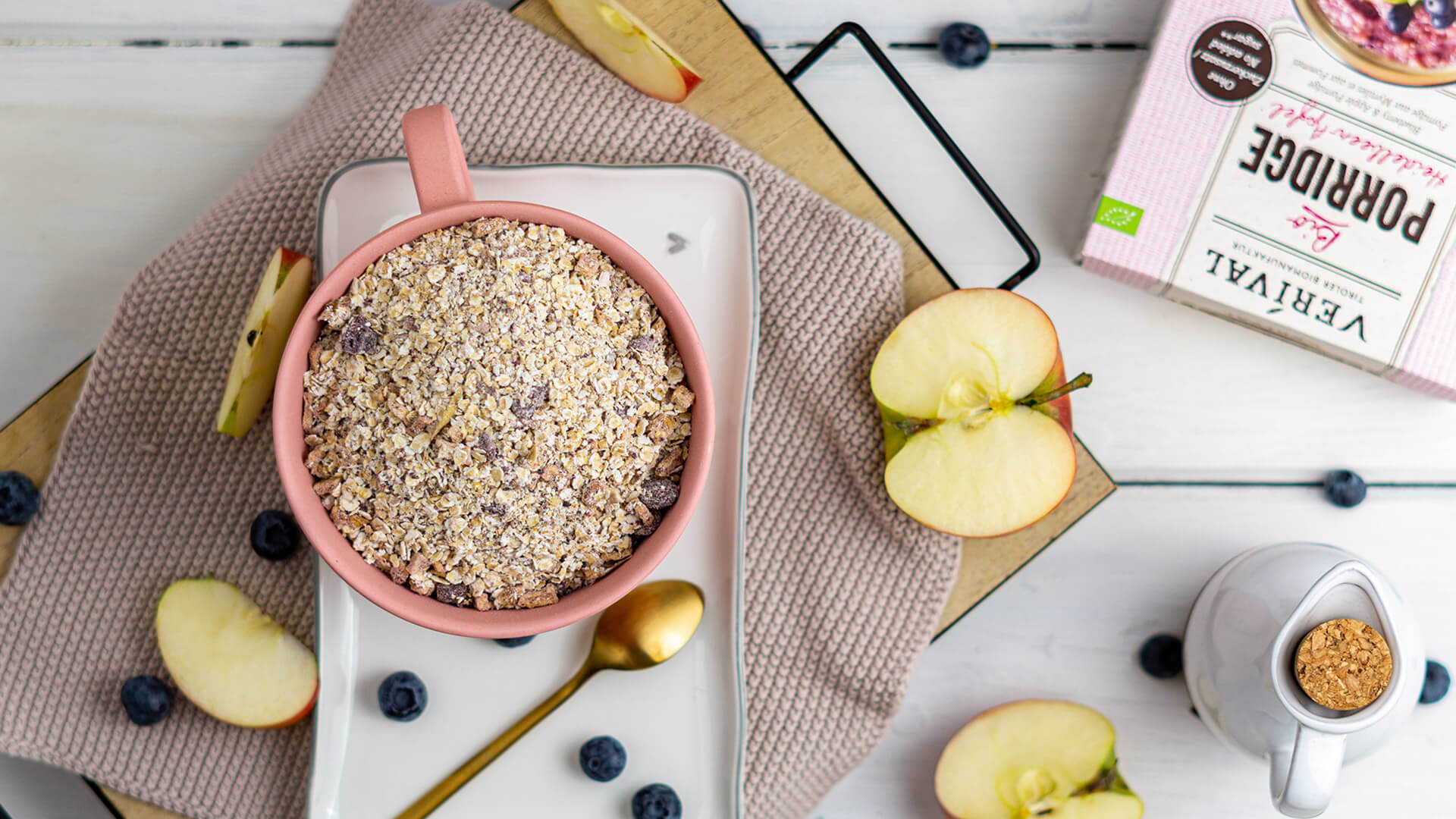
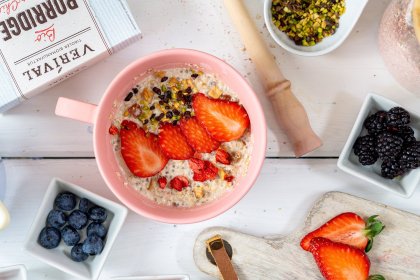
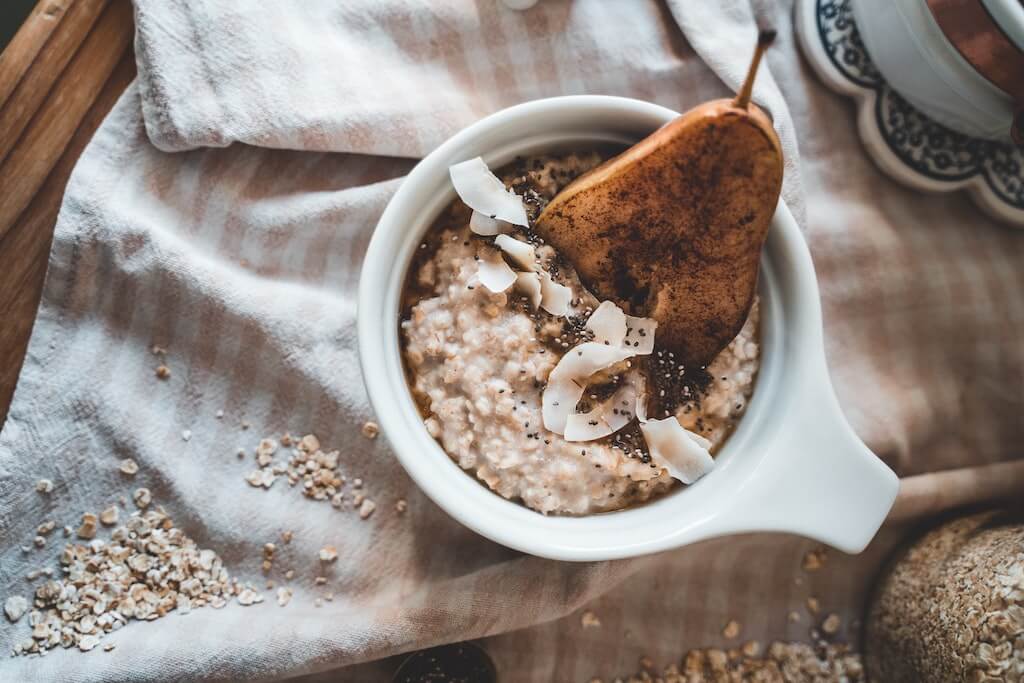
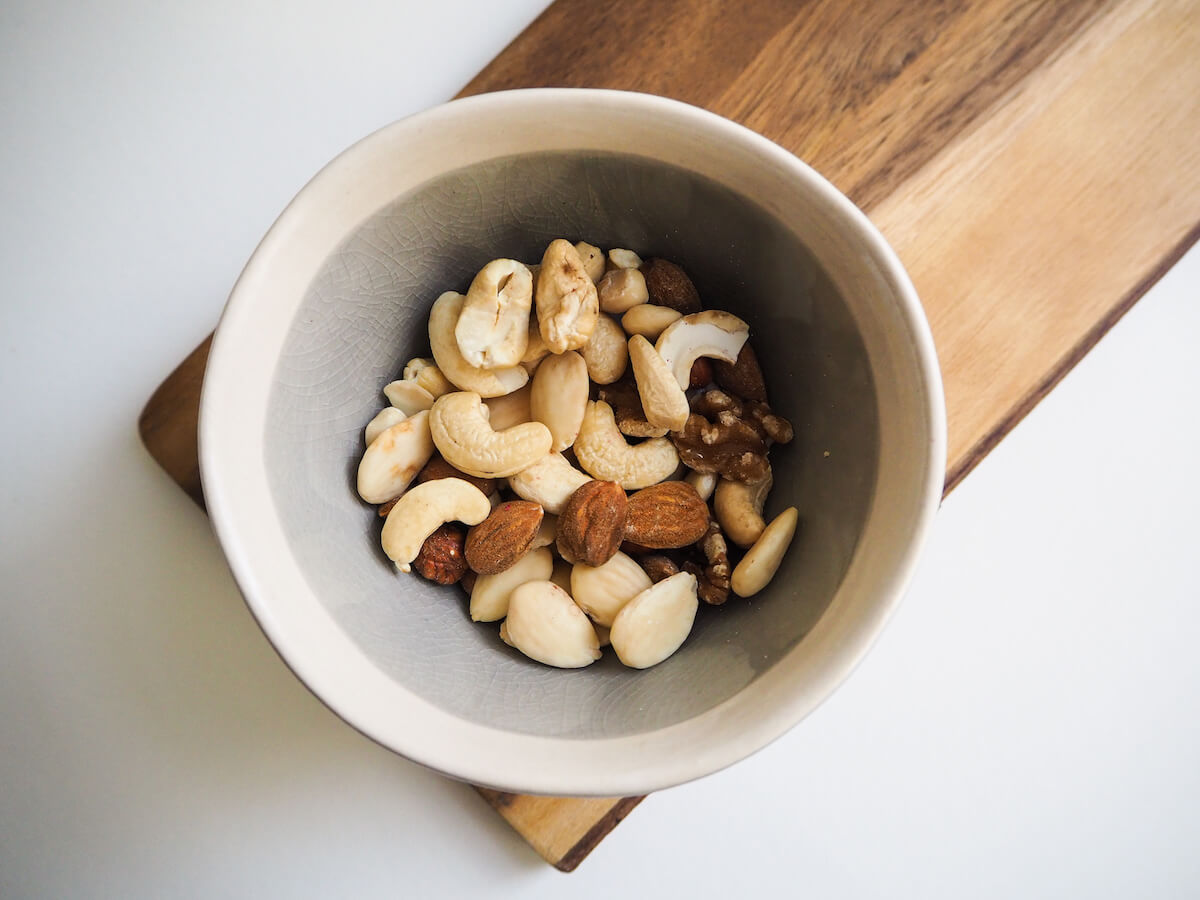

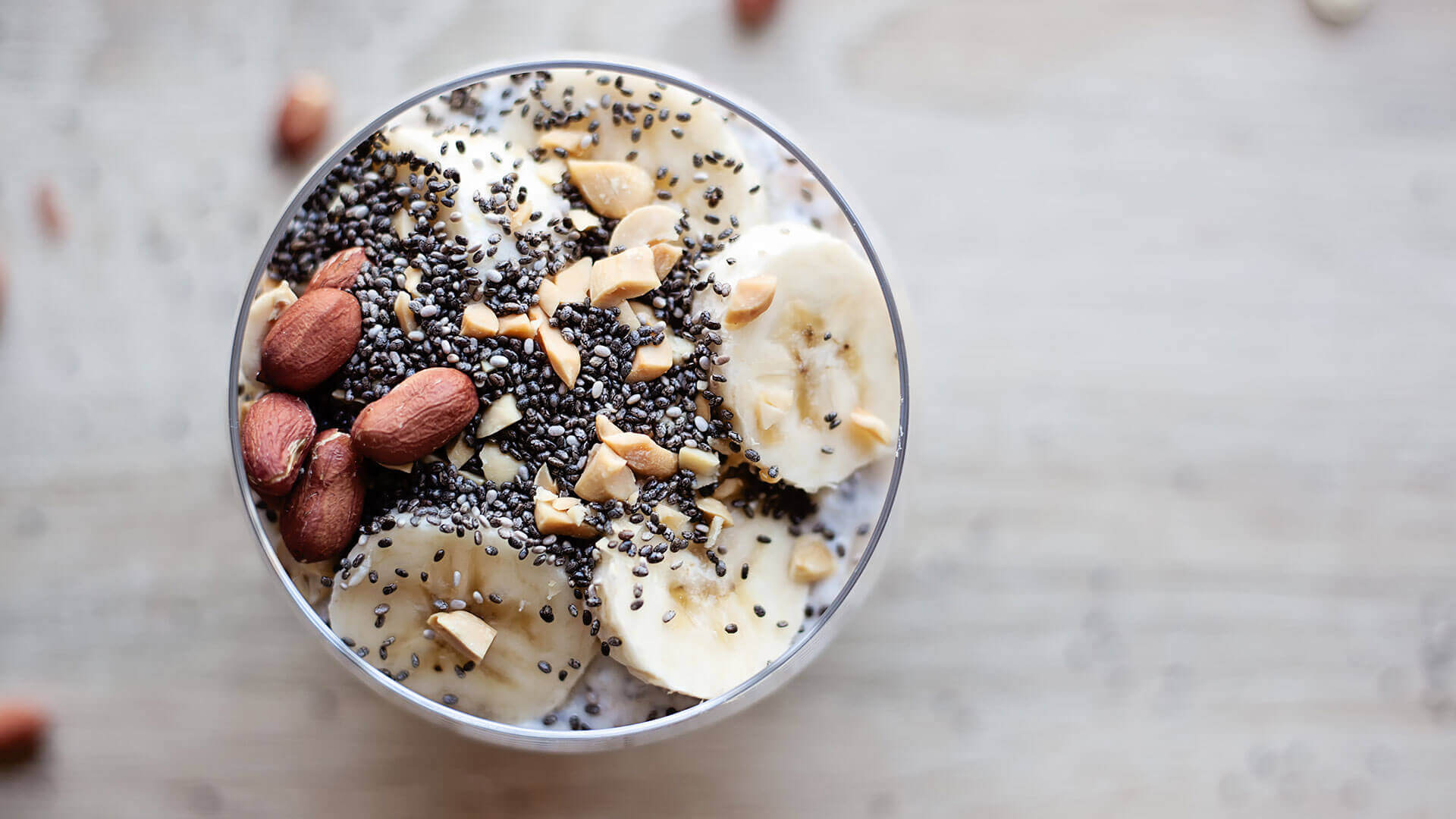

Do you like this post? Share it with friends: